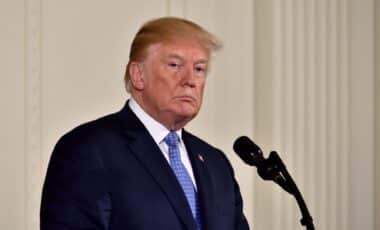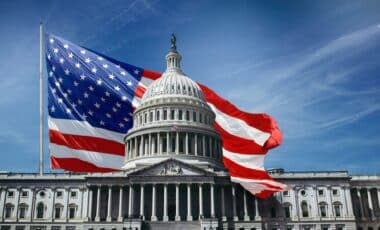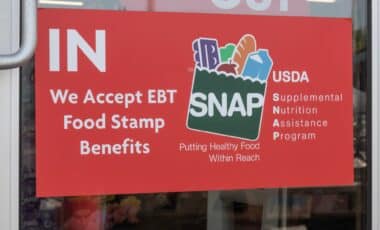A White House freeze on routine spending has paralysed essential government services. From environmental research to basic office operations, numerous agencies are stalled by withheld approvals and bureaucratic bottlenecks.
Federal employees across multiple agencies report an unprecedented standstill in basic operational funding. Under the Trump administration and the Department of Government Efficiency (DOGE), a new approach to spending control has slowed or entirely halted critical activities.
A freeze on government-issued credit cards and a centralised approval process for contracts have drastically limited agencies’ ability to function. This disruption, although not officially classified as a shutdown, has effectively brought several divisions to a halt.
Unapproved Purchases Stall Scientific Research and Public Services
At the Environmental Protection Agency (EPA), research across 11 laboratories has ceased, according to three staff members from the Office of Research and Development (ORD). Although no funding requests have been formally denied, many are reportedly left pending without explanation.
This passive inaction has led to what one EPA employee described as a “pocket veto” of ongoing research into air and water pollution and hazardous chemicals.
Similarly, the National Oceanic and Atmospheric Administration (NOAA) has seen core operations disrupted by new contract approval rules. According to internal memos cited by The Washington Post, any contract over $100,000 must now be personally reviewed by Commerce Secretary Howard Lutnick.
As of last week, over 3,000 requests were reportedly awaiting his review, including nearly 1,000 from NOAA alone. The resulting delays have affected weather forecasting, marine research and essential service contracts — including IT, janitorial and security services.
Even routine tasks, such as launching weather balloons, are reportedly under threat due to blocked purchases of helium, said Craig McLean, a former senior NOAA official. “No matter where you look, there is a delay and a complication,” McLean told the Post.
Spending Freeze Cripples Essential Operations Across Multiple Agencies
The Social Security Administration has been impacted by a $1 limit on government-issued credit cards enforced by DOGE since February. According to employee reports and reviewed documents, staff in some offices are unable to buy printer toner, interpreters, or even pay phone bills.
A spokesperson claimed the agency was working “with the highest level of financial control and efficiency”.
The National Park Service and the Department of Defense also faced setbacks. A Park Service employee said even low-cost purchases like ziploc bags for sample collection now require layered approvals. Defence testing activities were similarly affected until the $1 limit was lifted after 30 days, but significant delays had already occurred.
Public administration experts have criticised the move as a deliberate method of embedding red tape into the federal system. “This makes sense if you assume that the purpose of DOGE is not to make government work better, but to stop government from working at all,” said Professor Donald Moynihan of the University of Michigan.
As Elon Musk prepares to step back from DOGE, the implications of these cost-cutting measures continue to ripple across American governance.









